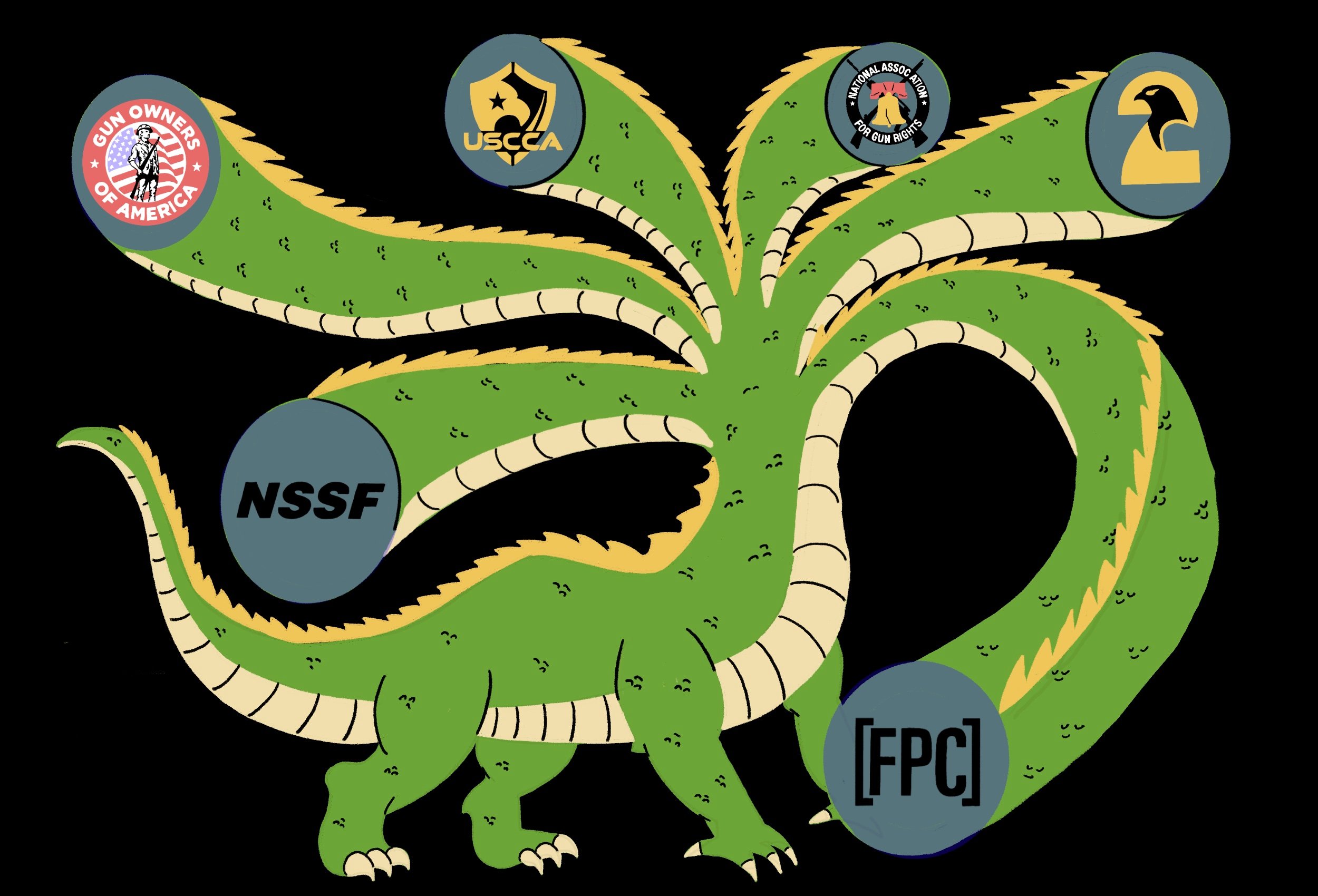Wayne LaPierre, who transformed the National Rifle Association into a feared political machine and oversaw its recent decline, is resigning as CEO of the organization.
LaPierre, 74, is departing for health reasons, specifically chronic Lyme disease, according to the NRA. His resignation is effective Jan. 31.
The news comes as New York Attorney General Letitia James’s case against the NRA and LaPierre is scheduled to begin on January 8. LaPierre faces charges of having undermined governance of the NRA to benefit himself, favored insiders, and family members. If found guilty, he could be forced to make substantial repayment to the organization.
“The trial will continue on all other issues, including the extent to which he will have to pay restitution for his wrongdoing,” said Sean Delany, an attorney who formerly oversaw the charities bureau of the New York Attorney General’s Office and served as president of the National Association of State Charities Officials. “And this certainly won’t help him. If he thought he was going to get out from underneath that by resigning, he’s sorely mistaken.”
In a statement, James, who brought her suit in 2020, said: “While the end of the Wayne LaPierre era is an important victory in our case, our push for accountability continues. LaPierre’s resignation validates our claims against him, but will not insulate him or the NRA … Our case will move ahead, and we look forward to proving the facts in court.”
NRA president Charles Cotton accepted LaPierre’s resignation at a January 5 board meeting in Irving, Texas, according to an announcement that the group posted to X. “I’ve been a card-carrying member of this organization for most of my adult life,” LaPierre is quoted as saying. “I will never stop supporting the NRA and its fight to defend Second Amendment freedom. My passion for our cause burns as deeply as ever.”
Andrew Arulanandam, the NRA’s director of general operations, will serve as interim CEO.
A 2021 employment agreement between LaPierre and the board gives the group the option of paying LaPierre up to $500,000 annually for two years after his departure in exchange for use of his “name, likeness, and signature for fundraising, public relations, and membership purposes.” However, in a January 7 court filing, the NRA said LaPierre will perform no work for the organization and receive no compensation after he leaves. The filing also argues that LaPierre’s exit weakens the attorney general’s argument that the NRA’s violations of nonprofit law “are continuing or imminently likely to occur.”
Under LaPierre’s leadership, the NRA became one of the most powerful interest groups in Washington, D.C, credited with the ability to mobilize its members and tilt national elections. LaPierre, who joined the NRA as a lobbyist in 1977 and rose to CEO in 1991, became a standard bearer in the culture war and a target for supporters of firearms restrictions.
Since 2019, however, when The Trace and other news organizations revealed misuse of NRA assets by LaPierre and other leaders — including spending NRA money on private jet travel and fancy suits for LaPierre — the organization has weakened considerably, spending far less on political advocacy and core programs; membership and revenue have fallen dramatically since.
During that time, other gun organizations, including the National Shooting Sports Foundation, an industry trade group, and the Second Amendment Foundation, which is much more active in seeking to strike down firearms laws than the NRA, have seen their clout increase.
In an email, Josh Powell, a former chief of staff at the NRA turned critic of the group who was named as a defendant in the New York case, wrote that, “every NRA member can celebrate that Wayne Lapierre’s reign of corruption is over.”
Powell, who settled with James on January 5, admitting to having breached his fiduciary duty to the NRA and agreeing to pay $100,000 in restitution in exchange for truthful testimony at trial and any future related legal action, said the gun group needs, “a strong dynamic leader to dig itself out of the deep hole it is in.” He continued, “Time will tell if such a dynamic leader is picked or if [the NRA] panders to its base.”

